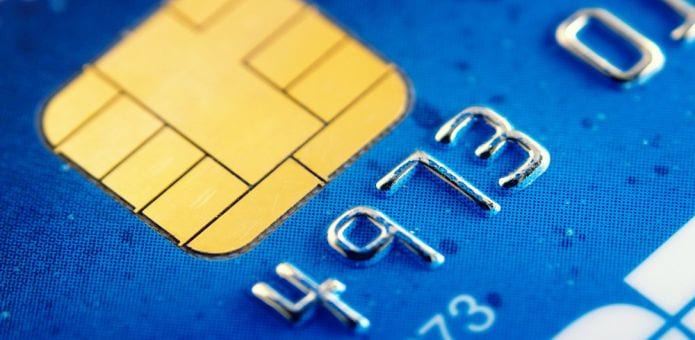Disruptive Technology and the Plastic in Your Wallet
Look around you. It’s no longer an esoteric or ethereal concept – it’s real. The Internet of things is pervasive and it impacts the way we do business, the way we communicate, and the way we protect personal information. As we barrel ahead towards a cashless society, disruptive technology is affecting payments processing in ways we never dreamed possible.
Cloud computing technology, social media, big data and mobile communications dominate the financial arena. Companies are springing up, left right and center, and they are upending conventional systems in their droves. Banks – the erstwhile pallbearers of global finance – are having to play catch-up with these highly innovative, dynamic and disruptive industries.
Rapid growth of payments processing options
Credit card companies are not immune to these changes. By 2016/17, the widespread adoption of chip technology at POS terminals across the US gained traction. Soon, all conventional credit card machines will be replaced by this smart encryption technology. Mobile is the go-to medium for financial transactions nowadays. Banks and non-bank financial institutions are all plowing significant resources into developing their iOS and Android apps to make it possible to transact seamlessly, effortlessly and instantly.
Gone are the days where drawn out meetings with bank managers and financial planners were the norm. Today it is possible to transfer money, buy foreign currency, check your account balances and your credit score, all at the click of a button. Barely 2 years ago, the total value of payments on smartphones, tablets, and phablets exceeded $1 trillion and accounted for 67% of all online transactions. This trend has increased in recent years, thanks to the strong appeal of disruptive technology.
The use of Big Data has gained traction across the board. MasterCard now uses it for fraud prevention, providing data to merchants, forecasting, planning and financial reporting. Much the same is true of Visa, American Express, and other credit card providers. Of course, the rise of one technology such As Big Data necessitates greater investment in securing that information.
Individuals and corporations are increasingly concerned about the security exigencies that exist with cloud-based storage and server-based storage on massive networks.
Perhaps this is one of the reasons why decentralized data such as Bitcoin, Litecoin, Ethereum and other Cryptocurrencies have gained such traction in the global market. Nobody wants to leave the security of databases in the hands of any company, group or entity. Peer to peer networks and blockchain technology is now central to high-tech.
An Evolutionary Tale: Security and Innovation in the Credit Card Industry
Consider that within days of Apple Pay being launched, some 1 million users registered. These trends are being evident across the board, and we have seen an explosion of interest in all sorts of disruptive payment models such as cryptocurrency which is now a multi-trillion-dollar industry. MasterCard now offers a fingerprint sensor for payments-related issues, thereby enhancing the security of its digital products for mobile users.
Companies are playing catch-up with payments processing options to meet market requirements for enhanced security.
Wearable tech has a way to go yet before it gains mainstream appeal. These strongest growth markets are still iOS and Android apps, while wristbands, smart watches, and headgear are slow on the uptake. Credit card companies are not waiting for the disruptive effects to cause an avalanche in the industry – they are leading from the front with innovative digital payment models that are changing the e-commerce landscape forever.
